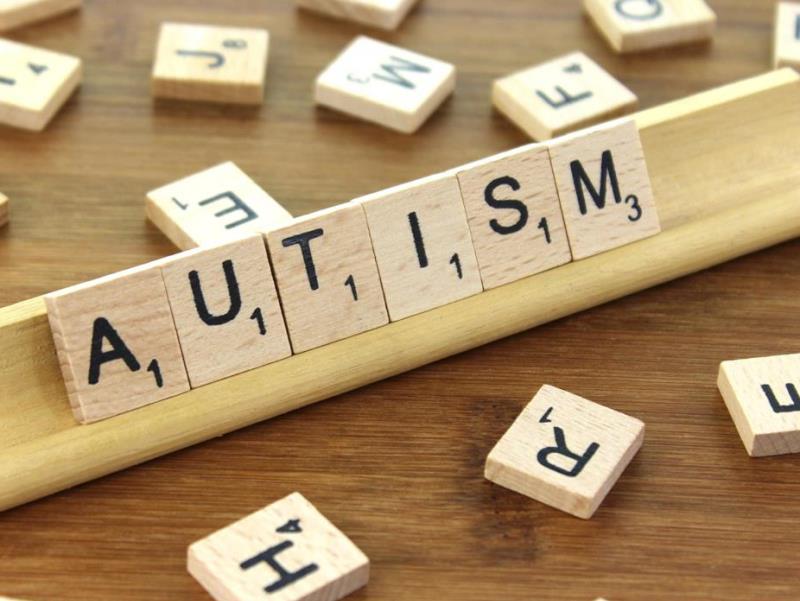 Autism Creative Commons 3 - CC BY-SA 3.0
Autism Creative Commons 3 - CC BY-SA 3.0
A major report authored by LSE researchers has been launched in the House of Lords to address the £32 billion annual cost of failing to support autistic people adequately in the UK.
Autism receives far less funding than heart disease, cancer and stroke combined.
The report, titled The Autism Dividend: Reaping the Rewards of Better Investment, identifies major weaknesses in current policy and practices to support autistic individuals and improve their lives.
It was prepared by PSSRU researchers Valentina Iemmi and Professor Martin Knapp in conjunction with Ian Ragan from the National Autism Project (NAP) over two years.
Key recommendations of the report include:
- the need to improve diagnosis of autistic individuals;
- the importance of tackling environmental and other stressors;
- more focus on fighting stigma and discrimination against autistic individuals;
- greater investment in research to provide more evidence-based practice.
Research funding for autism lags far behind the amount spent on heart disease, stroke and cancer, according to the report. Just £4 million is allocated each year for autism research, equivalent to only £6 for each of the estimated 700,000 autistic people in the UK.
The high economic impact of autism in the UK has been known for a decade and while some of the costs are justified, a portion is due to inappropriate use of scarce resources, inadequate training, lack of knowledge, missed opportunities, avoidable crises, poor co-ordination of services and desperate attempts to remedy past failures of care.
The researchers conclude: “The reality is that poor support for autistic people results in poor choices, leading in turn to poorer outcomes. The impacts on autistic people and their families can be highly damaging. Autistic people are more likely to be excluded from schools, suffer poor healthcare and have a high risk of premature death. In addition, only 16 per cent of diagnosed autistic adults in England are in full-time employment and two thirds are not working at all.”
Lack of knowledge about the most cost-effective practices in autism is a major problem and more and better research is urgently needed, the NAP says.
Professor Martin Knapp, who co-led the study, said: “Research evidence is just one of the ingredients needed to improve services and open up opportunities for autistic people. When preparing the report we were disappointed to find so little good quality research. In an increasingly tough economic context we urgently need robust evidence on how to achieve this.”
For a copy of the report or to interview the researchers, contact Candy Gibson, LSE senior press officer, at c.gibson@lse.ac.uk or 0207 955 7440.